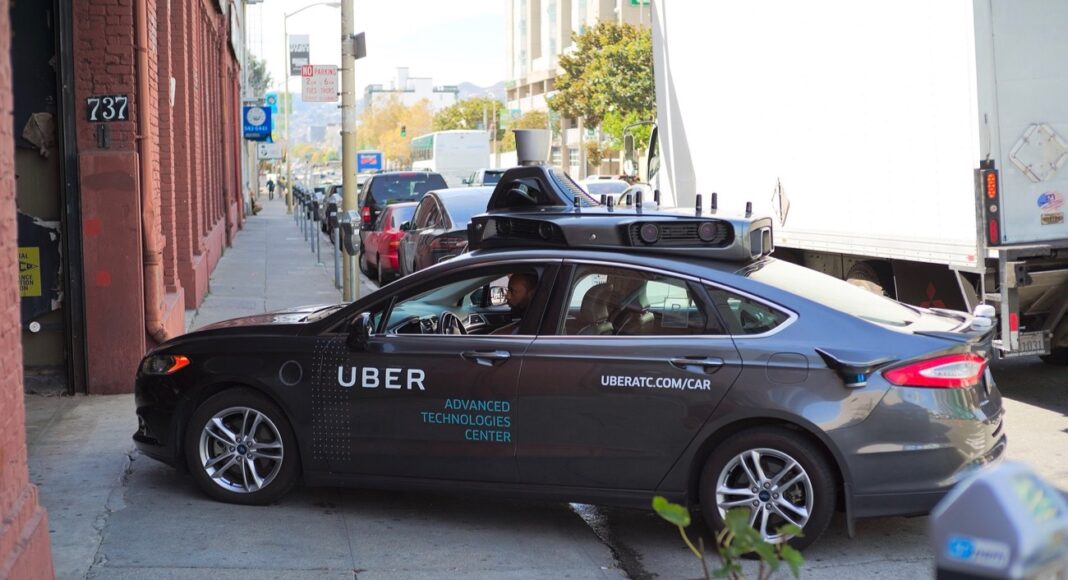The Guardian’s exposé on Uber’s strategy of engaging with top academic researchers to produce corporate-friendly research calls to mind concerns regarding academic lobbying and access to proprietary data that ProMarket has explored at length.
This week, The Guardian published a report based on a cache of confidential documents that revealed how Uber ingratiated itself with top academic researchers, luring top scholars to produce studies that were friendly to its business model with six-figure sums and promises of exclusive access to its proprietary data.
The revelations were part of the Uber Files, an investigative collaboration between The Guardian and the International Consortium of Investigative Journalists (ICIJ) based on the contents of over 124,000 leaked internal documents and communications that show how the ride-sharing giant deceived regulators and law enforcement officials, courted politicians, and exploited drivers in pursuit of profits and market shares. The documents were leaked to The Guardian by Mark MacGann, Uber’s former chief lobbyist for Europe, the Middle East, and Africa.
The revelations on Uber’s cultivation of academic relationships through “lucrative deals” echo similar concerns raised in a 2019 ProMarket piece by transportation consultant Hubert Horan, which explored the way Uber used famous economists to promote its corporate narratives and market them to the press. As Horan writes, the company’s engagement with academic researchers was part of a corporate program meant “to allow Uber supporters to assert that major narrative claims were backed by rigorous, independent academic research.” The engagement of well-known economists was crucial to this endeavor, and the papers that were produced were often co-authored with Uber employees. Horan’s piece was part of a three-part series focused on Uber’s “uncompetitive economics,” its predatory pricing and reliance on “gigantic” subsidies, and the narratives with which it convinced reporters to cover it in glowing terms despite its anticompetitive conduct.
Apart from paying academic researchers six-figure sums to produce studies that were viewed by the company as part of its lobbying strategy, Uber also tempted academics with exclusive access to its proprietary data. Studies and reports that contradicted its corporate narratives were attacked as baseless and misleading. A 2018 Stigler Center working paper that showed that traffic fatalities increased by 3 percent after Uber and Lyft entered a local market was a case in point, as the company’s spokespeople blamed the study’s “unjustified conclusions” on its “problematic methodology” yet refused to provide any evidence or data that would refute its findings. In a 2019 ProMarket piece, Luigi Zingales lamented Uber’s decline to refute the paper’s findings by sharing its data with the authors, and warned of the risks involved with corporations’ habit of sharing their data only with researchers who use it in ways that align with their media and lobbying strategies. “Is it just a coincidence that studies to which Uber grants data tend to enhance its public image?” Zingales wondered.
The Guardian’s revelations also echo concerns raised by Tommaso Valletti in a 2020 ProMarket piece that reflected on the difference between research and “academic lobbying.” While not specifically about Uber, the piece discussed the larger influence of corporate money on academic scholarship, concerns that were also explored during the Stigler Center’s 2019 conference on academic lobbying and a recent panel at the Stigler Center’s annual antitrust conference on how to “de-bias” academic research.
The Guardian story also sheds light on how the academic research program fit into Uber’s larger lobbying strategy. Many of the Uber Files revelations concern Uber’s attempts to woo politicians, like France’s current president Emmanuel Macron and Israel’s former prime minister Benjamin Netanyahu, in order to receive favorable treatment and various regulatory concessions. In the US and elsewhere, the company used former advisers to Barack Obama, among them David Plouffe. In 2017, Guy Rolnik wrote in ProMarket about the release of communications between Plouffe and then-Chicago mayor Rahm Emanuel. The fact that Plouffe lobbied politicians on behalf of Uber while not registered as a lobbyist until he was forced to, wrote Rolnik, revealed the vast scope of an “underground lobbying complex” hidden behind the official figures on lobbying expenditures.
Uber was far from the only company utilizing hidden lobbying tactics, but it used them extensively and effectively for years, as the Uber Files leaks reveal. In his 2019 book Super Pumped: The Battle for Uber—later adapted into a successful TV show—New York Times reporter Mike Isaac covered similar ground when reporting on the lawlessness of Uber’s formative years. An excerpt from the book published in ProMarket, for instance, provides a glimpse into Uber’s fight against Portland regulators. Uber security personnel, he wrote, “spied on government officials, looked deep into their digital lives, and at times followed them to their houses.”
Follow our ongoing coverage of Uber, academic capture, and related topics here and here.






